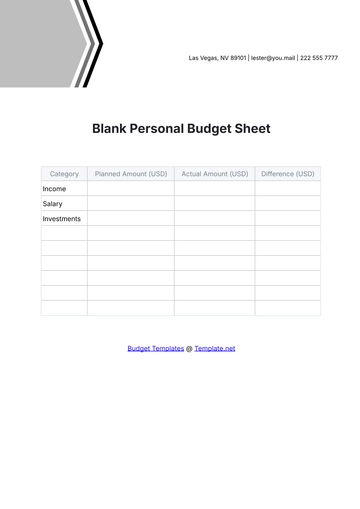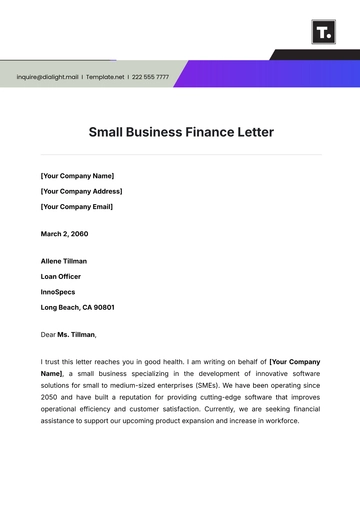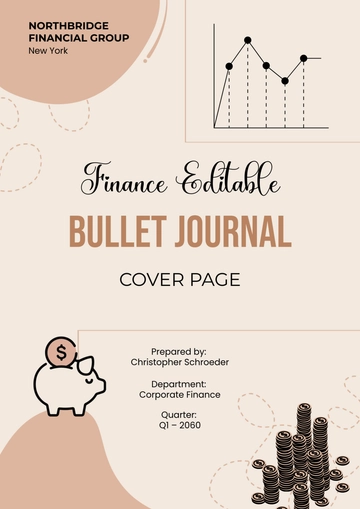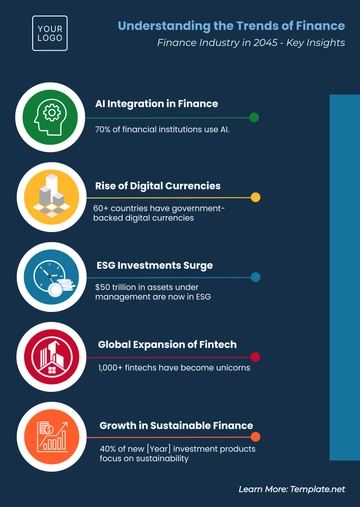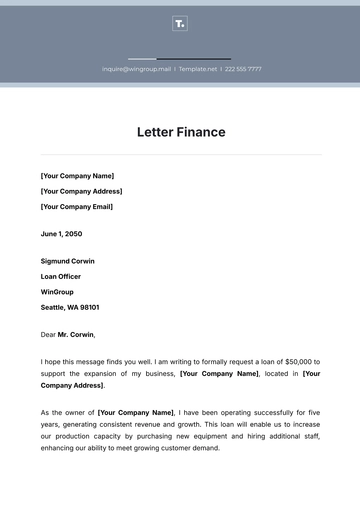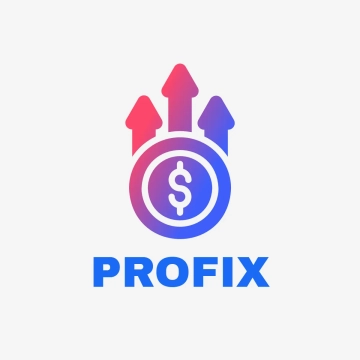Free Garment Costing
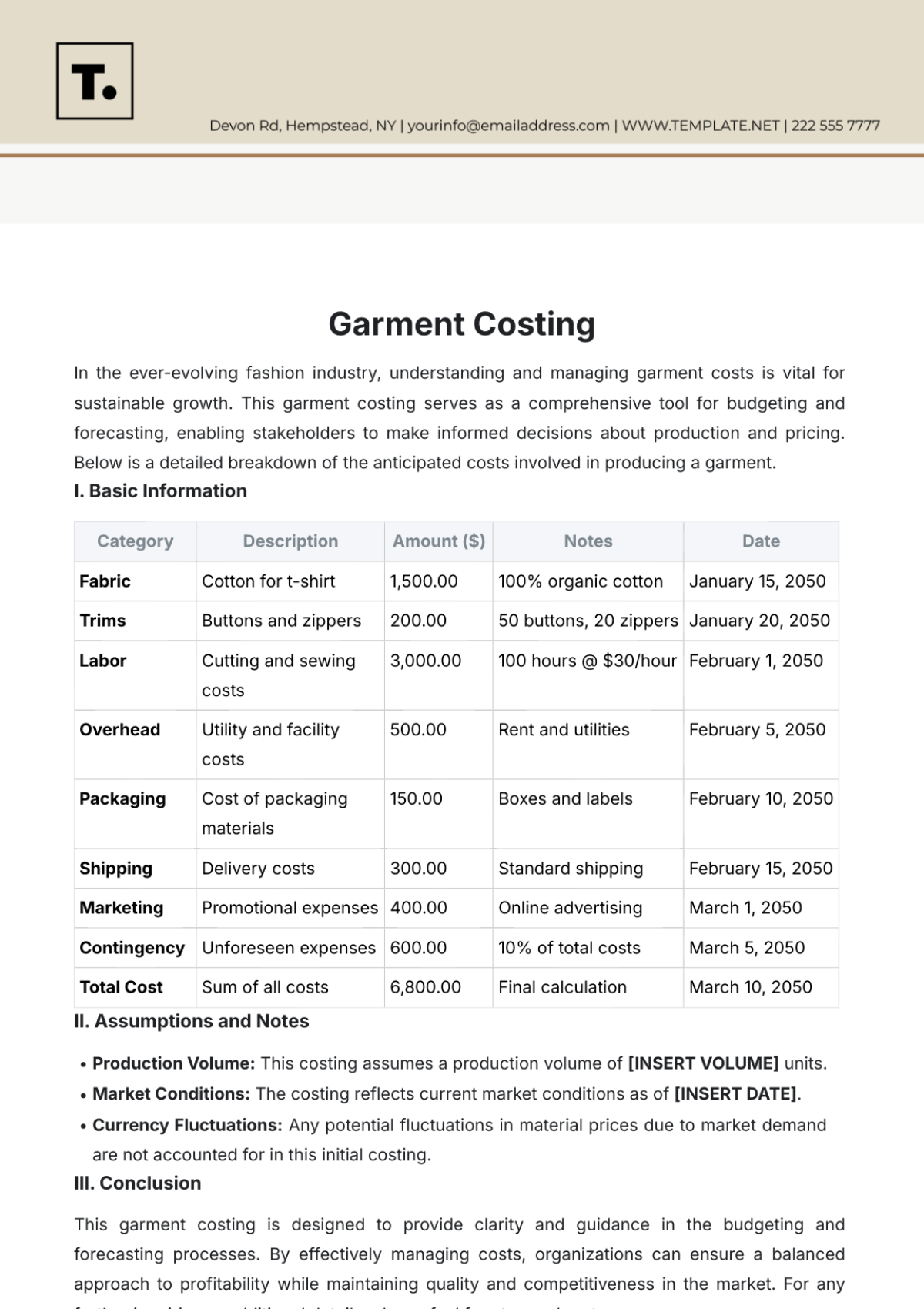
In the ever-evolving fashion industry, understanding and managing garment costs is vital for sustainable growth. This garment costing serves as a comprehensive tool for budgeting and forecasting, enabling stakeholders to make informed decisions about production and pricing. Below is a detailed breakdown of the anticipated costs involved in producing a garment.
I. Basic Information
Category | Description | Amount ($) | Notes | Date |
|---|---|---|---|---|
Fabric | Cotton for t-shirt | 1,500.00 | 100% organic cotton | January 15, 2050 |
Trims | Buttons and zippers | 200.00 | 50 buttons, 20 zippers | January 20, 2050 |
Labor | Cutting and sewing costs | 3,000.00 | 100 hours @ $30/hour | February 1, 2050 |
Overhead | Utility and facility costs | 500.00 | Rent and utilities | February 5, 2050 |
Packaging | Cost of packaging materials | 150.00 | Boxes and labels | February 10, 2050 |
Shipping | Delivery costs | 300.00 | Standard shipping | February 15, 2050 |
Marketing | Promotional expenses | 400.00 | Online advertising | March 1, 2050 |
Contingency | Unforeseen expenses | 600.00 | 10% of total costs | March 5, 2050 |
Total Cost | Sum of all costs | 6,800.00 | Final calculation | March 10, 2050 |
II. Assumptions and Notes
Production Volume: This costing assumes a production volume of [INSERT VOLUME] units.
Market Conditions: The costing reflects current market conditions as of [INSERT DATE].
Currency Fluctuations: Any potential fluctuations in material prices due to market demand are not accounted for in this initial costing.
III. Conclusion
This garment costing is designed to provide clarity and guidance in the budgeting and forecasting processes. By effectively managing costs, organizations can ensure a balanced approach to profitability while maintaining quality and competitiveness in the market. For any further inquiries or additional details, please feel free to reach out.
Prepared by: [YOUR NAME]
Email: [YOUR EMAIL]
- 100% Customizable, free editor
- Access 1 Million+ Templates, photo’s & graphics
- Download or share as a template
- Click and replace photos, graphics, text, backgrounds
- Resize, crop, AI write & more
- Access advanced editor
Maximize your garment costing efficiency with our customizable Garment Costing Template from Template.net. This editable template simplifies cost calculations, ensuring accuracy and saving you time. Utilize the advanced AI Editor Tool for seamless adjustments tailored to your business needs. Perfect for fashion designers and manufacturers, this template enhances your workflow and boosts productivity effortlessly.
